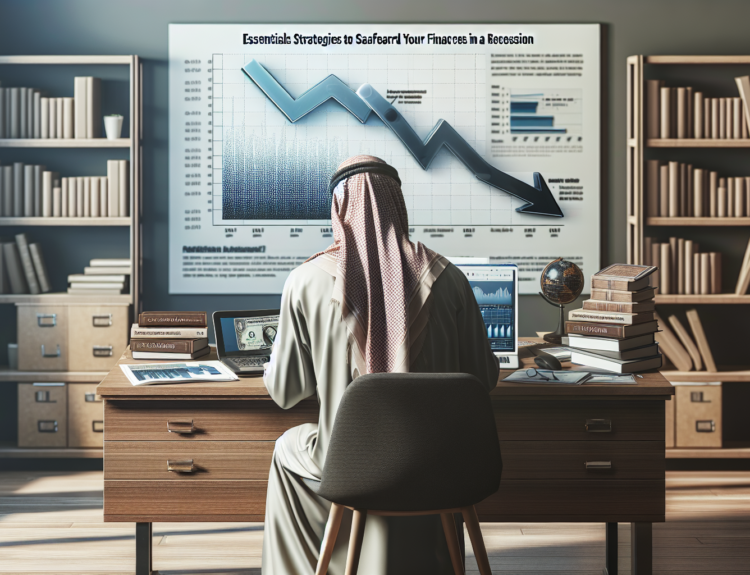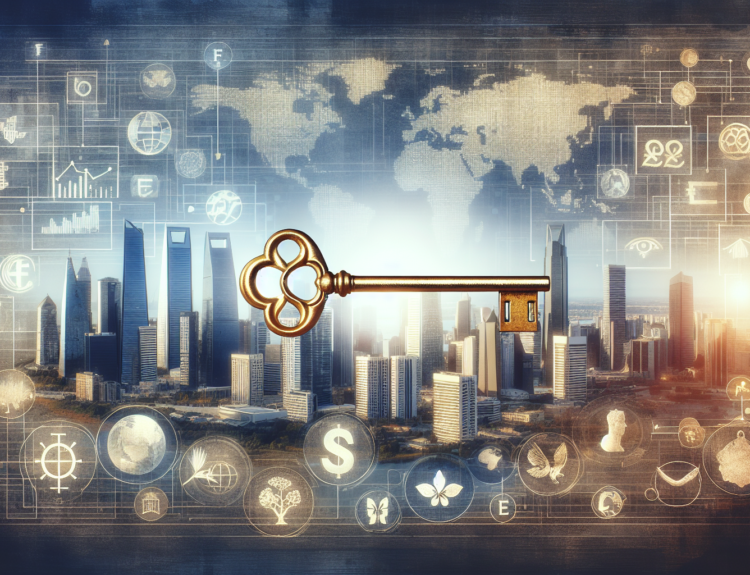The Expansion of AI and Automation: Transforming Our World
In recent years, the rapid evolution of Artificial Intelligence (AI) and automation technologies has reshaped industries, redefined job roles, and enhanced our daily lives. As companies and nations strive to harness these advancements, it's crucial to examine how AI and automation are expanding and the profound impacts they are having on the global economy.
The Current Landscape of AI and Automation
AI and automation are no longer just buzzwords; they are integral to various sectors including manufacturing, healthcare, finance, and logistics. According to a recent report by McKinsey, approximately 70% of organizations around the world are actively integrating AI solutions into their business models. This statistic highlights the urgency for companies to adapt to these technological advancements to maintain their competitive edge.
Key Statistics
- Global AI Market Size: The global AI market is projected to reach $733 billion by 2027, growing at a compound annual growth rate (CAGR) of about 42.2% from 2020 to 2027.
- Job Automation: The World Economic Forum estimates that by 2025, 85 million jobs may be displaced by automation, but it also expects the emergence of 97 million new roles that will cater to the changing labor market.
How AI and Automation Are Transforming Industries
1. Manufacturing and Robotics
The manufacturing sector has seen a significant shift towards automation with the integration of AI-driven robots. These machines enhance productivity and ensure precision while reducing operational costs. For instance, companies like Tesla utilize advanced robotics in their production lines to streamline processes and boost output.
2. Healthcare
AI's role in healthcare is rapidly expanding. From diagnostic tools that analyze medical images to chatbots that provide instant patient support, AI is improving patient outcomes. According to a Stanford study, AI algorithms can detect pneumonia from chest X-rays with an accuracy comparable to that of expert radiologists.
3. Finance
In the finance sector, AI-driven algorithms analyze vast amounts of data to predict market trends, assess risks, and automate trading. Companies like Goldman Sachs leverage AI to process trades more efficiently, enhancing their decision-making capabilities and reducing human error.
4. Logistics and Supply Chain
Automation in logistics streamlines supply chain management. With AI, companies can forecast demands, optimize delivery routes, and manage inventory more effectively. For instance, Amazon employs AI-driven systems that automate warehouse operations, thereby reducing complications in order fulfillment.
Benefits and Challenges of AI and Automation
While the benefits of AI and automation are vast, there are significant challenges to consider.
Benefits:
- Increased Efficiency: Tasks that previously required human intervention can now be performed faster and more accurately.
- Cost Reduction: Automation can significantly lower operational costs in various industries.
- Enhanced Data Analysis: AI can process and analyze data at a scale unattainable by humans.
Challenges:
- Job Displacement: The fear of job losses remains a significant concern. Workers in roles that can be easily automated may find themselves seeking new opportunities.
- Ethical Considerations: AI systems can inadvertently perpetuate bias if not carefully managed and monitored.
- Security Risks: The reliance on AI systems raises questions about data privacy and cybersecurity vulnerabilities.
The Future: Embracing the Change
As we look ahead, it is crucial for workers, educators, and governments to prepare for this technological transformation. Initiatives like reskilling programs and collaborations between educational institutions and industries can help workers transition into new roles created by the rise of AI and automation.
Call to Action
Embracing the future of AI and automation means adapting to the change and actively participating in the evolution of our workplaces. Governments and organizations should invest in training and education, equipping the workforce to thrive in this new landscape. As a passionate advocate for innovation and technology, I encourage readers to stay informed and be proactive in this exciting era of change.
Tags:
- AI
- Automation
- Technology
- Future of Work
- Industry Transformation
Categories:
- Technology
- Business
- Innovation
By fostering a comprehensive understanding of how AI and automation are transforming our world, we can leverage these tools to enhance our lives while mitigating the challenges that come with change.
This structure adheres to the SEO guidelines by incorporating relevant keywords, organized headings, and compelling data, designed to engage readers while optimizing for search engines.



